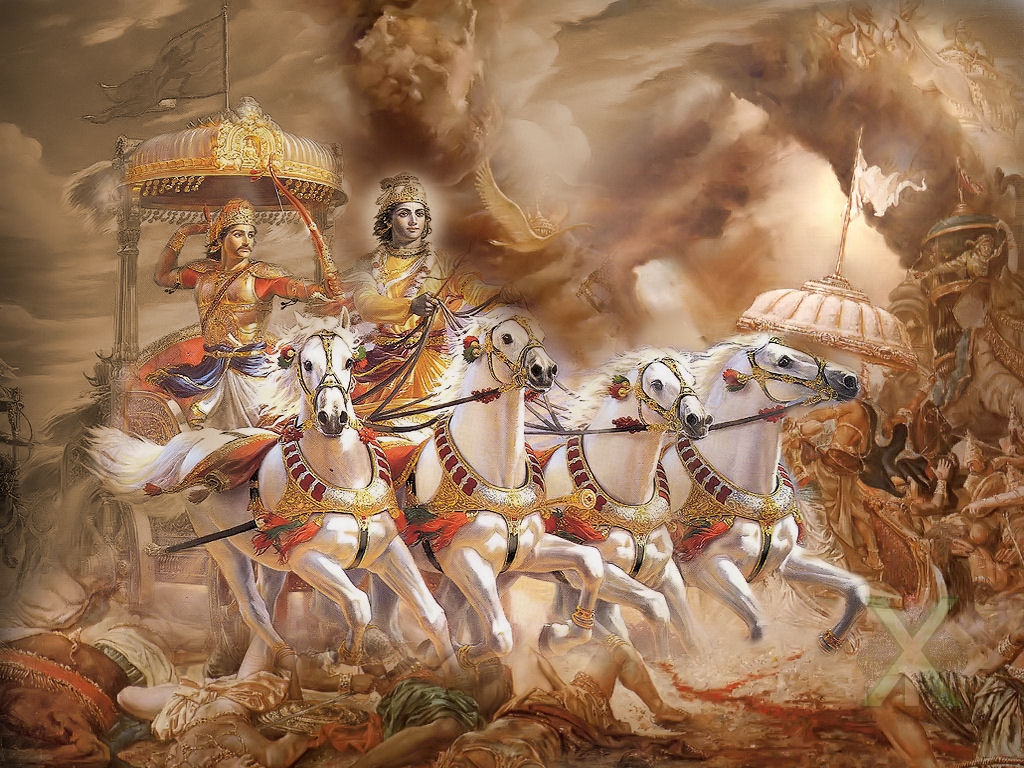Laws are the diktats that the State governs by. Laws are not only to be obeyed by the people but are also binding on the State. In other words, by enacting the law the State also undertakes to obey them. But laws are not enacted for their own sake. There has to be a clear purpose behind each piece of legislation because all laws, by their very nature, have the tendency to impose some restrictions or mount some obligation on someone or the other.
Generally, the greatest happiness of the greatest number, so to speak, is sought to be achieved through the laws, but since laws are enacted by people who have their own interests to look after, some times it is these interests that come in the way of implementing a good policy. Therefore, the indispensable involvement of human agency gives rise to the possibility of law becoming a device in the hands of the powerful.
So, can there be a law that can be rightfully resisted? Technically, no. Since it is the law that determines and enforces one’s rights within a politico-legal set-up, it is not possible to press rights into service against their very source. This is not to say that the laws cannot be protested against or challenged, but that can be done within the legal framework provided. In other words, laws can be protested against and may also be challenged but cannot be ‘violated’ with impunity no matter how much hardship it causes.
 The most natural question that follows is what kind of law would invite resistance from the people? Inconvenience or hardship can never be sole grounds for resisting a law. Resistance to a valid law can be justified only and only on moral grounds. Since all laws have moral content, a law can be brought under challenge on the grounds that is low in moral content or is altogether immoral and must, therefore, be trashed.
The most natural question that follows is what kind of law would invite resistance from the people? Inconvenience or hardship can never be sole grounds for resisting a law. Resistance to a valid law can be justified only and only on moral grounds. Since all laws have moral content, a law can be brought under challenge on the grounds that is low in moral content or is altogether immoral and must, therefore, be trashed.
The moral question is the hardest to deal with because there is no universally accepted yardstick to measure moral content. What is just has to be necessarily high in moral content, and a law that is low on that front can be legitimately challenged on moral grounds, if not on legal ones. Can a law devoid of morality be legally sound? This is a difficult question and can be answered in two divergent ways. One needs to go into the question regarding the constituents of the legality of a law.
To be legally sound, every law must be enacted in the manner legally laid down for the purpose by the competent, lawful authority designated to legislate without any such procedural error that goes against the letter or spirit of relevant procedural laws. If we stop here, there is no complication and nobody gets any justification to resist any law that has been lawfully enacted. But in that case we would leave the floodgates wide open for an oppressive regime to frame laws to perpetuate its reign. And any law that serves purposes other than public becomes questionable instantly. Therefore, there has to be further limits placed on the legislative powers of the State. Thus, in addition to being passed following the ‘procedure established by law’, the law must also be ‘just, fair and reasonable’.
This makes ‘justness’ an essential component of law, without which the legality of the law could well be questionable. Hence, all laws have to have some moral content, which implies that no law can be ‘immoral’ or ‘unjust’ in object or in the mode of implementation.
Can an unjust and immoral law be resisted by unlawful means? Barring exceptional circumstances, unlawful resistance to laws is impermissible simply because two wrongs don’t make one right. However, the expression ‘unlawful resistance’ itself pre-supposes the existence of the means of ‘lawful resistance’, and if no such means are legally recognized, ‘unlawful resistance’ becomes permissible in principle because the governed cannot be denied the right to protest against the governing in totality, and resistance of all kind would necessarily be ‘unlawful’.
How far can the ‘unlawfulness’ of the ‘unlawful resistance’ stretch? Are there any limits to it? The resistance in such case is permissible only and only so far as the source from which it draws its legitimacy remains intact. In other words, if the circumstances that justify the resistance disappear or the resistance starts hurting the interests of those people whose interests it sought to secure in the first place, the resistance would lose its legitimacy.
This does not really settle the issue because what is in the best interest of the people remains an open question. Is the best interest to be seen in terms of collective aspiration of a people; or each individual gets the right to pursue his or her own happiness as he or she deems fit; or some middle ground has to be sought between the two positions?
 The way these questions and the associated issues are addressed determines the social and political set-up people choose to live in. The laws enacted would seek to serve the ends thus determined and the legitimacy of the laws and also of the resistance to them, if there is an occasion for that, would also be seen in the context of the collective aspirations of the people.
The way these questions and the associated issues are addressed determines the social and political set-up people choose to live in. The laws enacted would seek to serve the ends thus determined and the legitimacy of the laws and also of the resistance to them, if there is an occasion for that, would also be seen in the context of the collective aspirations of the people.
If collective good is put over and above individual happiness, or if the idea of ‘virtuous life’ gains ground and is made central to the political and social life of the people, individual liberties are bound to slide down the scale of priorities.
On the other hand, excessive emphasis on individualism can lead to a world where ruthless pursuance of selfish goals is the order of the day and the underprivileged are trampled upon and shamelessly exploited. Therefore, the only ‘just’ arrangement would be the one that involves the ‘golden mean’ balancing the individual and the collective interests.
It is not as simple as it sounds because this is not a straight line with a middle for one to put one’s finger on. This is an assortment of human choices with each choice leading to different ends. And then, there is a set of large number of choices that one makes, which further complicate things. The choices one makes would necessarily depend upon the value one ascribes to different aspects of life and the goals one sets for oneself in keeping with one’s idea of ‘good life’. And inherent in this idea of good life are the idea of virtuous life and a sense of right and wrong. Furthermore, ‘good’ may not always be ‘pleasurable’ or bring happiness. Therefore, moral questions remain central to the politics of a region, and these issues are seen through the prism of culture and religious beliefs, which explains why different regions have different systems of law and different political set ups with so little in common.
Originally published as part of Thinkers and Theory series in Lawyers Update in June 2012.






